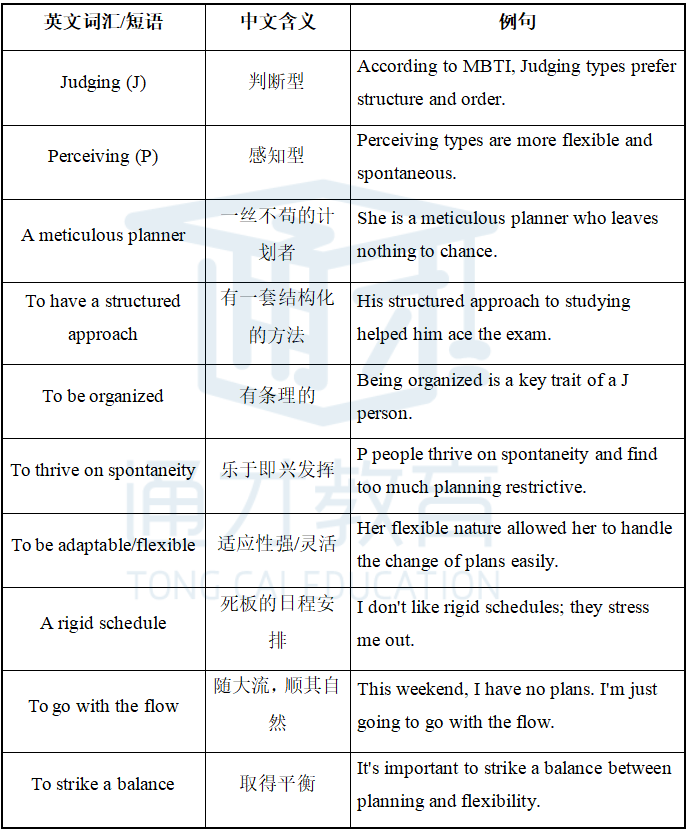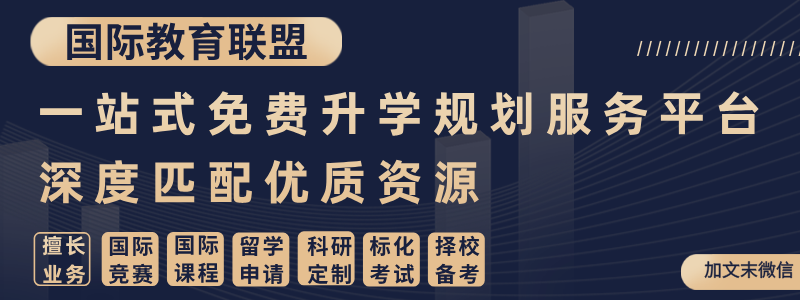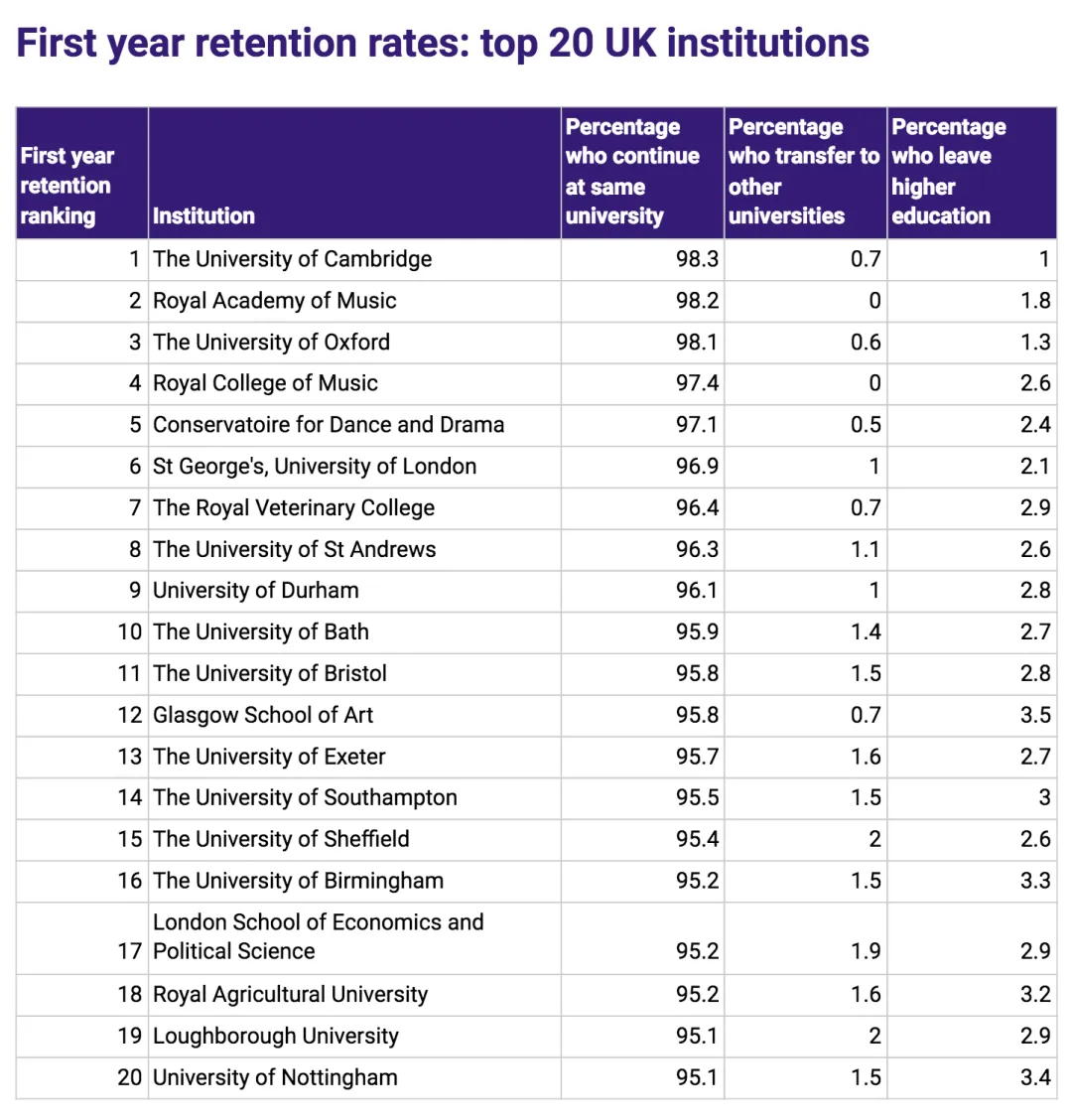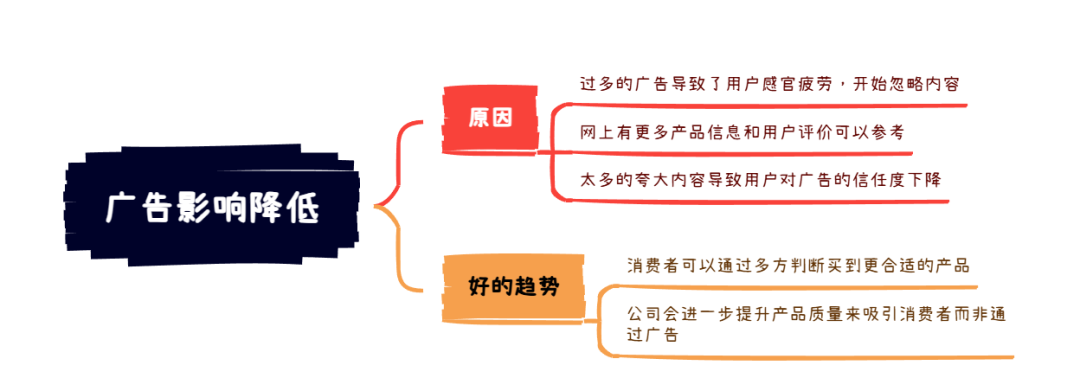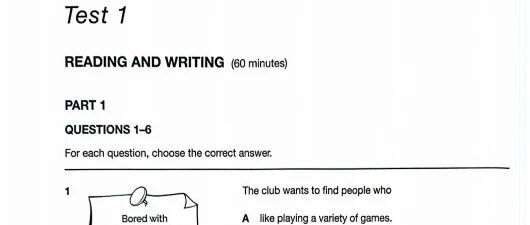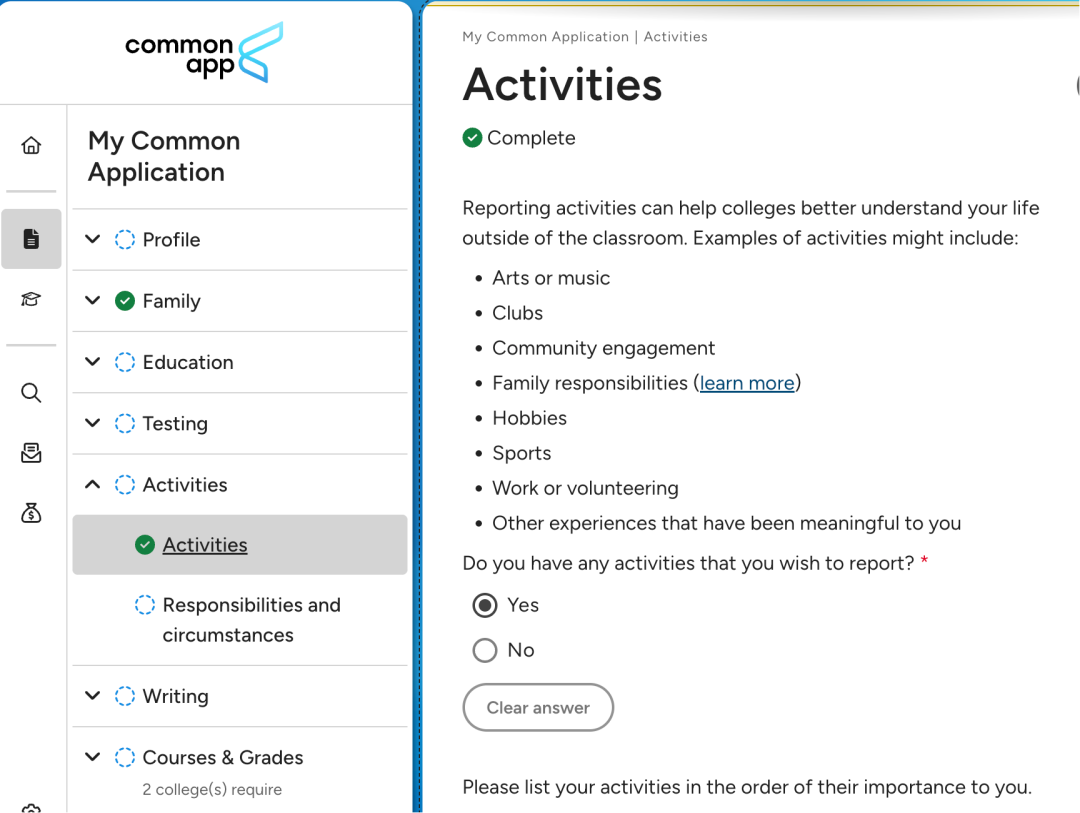你的MBTI是什么?自从MBTI开始流行,这个问题在人们的日常交往中出现的越来越频繁。
关于MBTI中的“J”人,Lina老师从雅思口语答题角度,为大家提供了新的思路,话不多说,Let’s go!!!
今天,我们来深入探讨一下“J人”(Judging)与“计划”这个在中文社交网络上非常流行的话题。这是一个绝佳的雅思口语话题,因为它非常个人化、与现代文化相关,并且可以展示你的词汇量和思辨能力。

“J人”这个概念来源于迈尔斯-布里格斯类型指标(MBTI)人格测试中的最后一个维度:Judging (判断) 与 Perceiving (感知)。
J人 (Judging): 倾向于计划、组织和决断。他们喜欢有条不紊、有计划的生活,享受做出决定并看到任务完成。
P人 (Perceiving): 倾向于灵活、自发和开放。他们喜欢保持选择的开放性,适应性强,更随性。
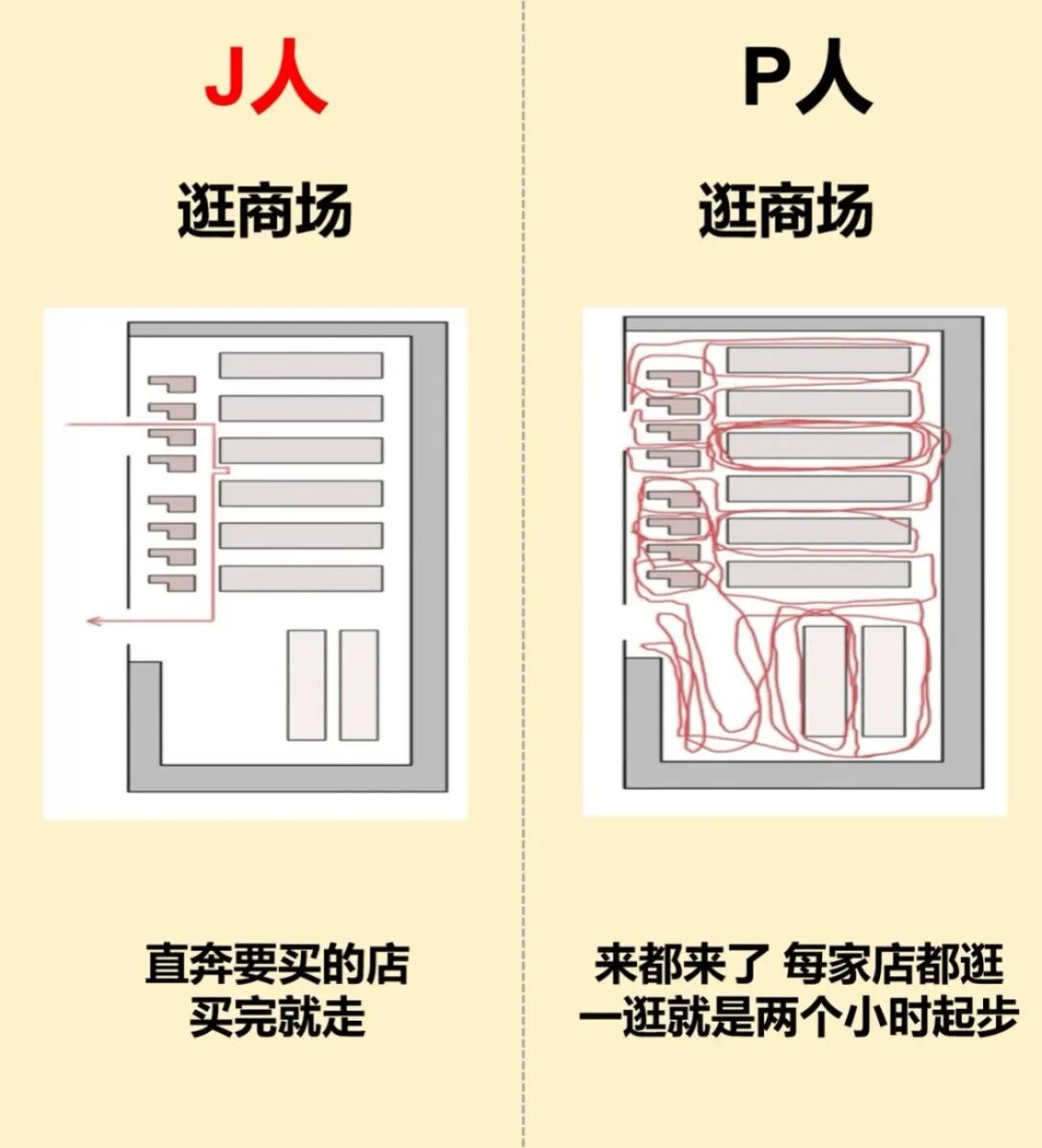
了解完什么J人与P人之后,我们该如何将“J人”这个概念运用在雅思口语中?
你可以用“J人”作为一个生动的例子来解释你自己的性格和计划习惯。
Part 1 示例
Q
Examiner: Do you make plans every day?
- 高分回答(如果你认为自己是J人):
Absolutely, I'm a total planner—my friends would probably call me a 'J person'. I feel a bit anxious if I don't have at least a rough to-do list for the day. It gives me a sense of control and accomplishment when I can tick things off my list.
- 高分回答(如果你认为自己是P人):
Actually, I'm more of a go-with-the-flow kind of person. In MBTI terms, I'm what you'd call a 'P person'. I might have a mental outline of what I need to do, but I rarely make detailed rigid schedules. I prefer to keep my options open and adapt to circumstances as they come.
✅亮点词汇
明确的自我定义
- A total planner
- A go-with-the-flow person
引入文化概念,展示词汇广度
- J person
- P person
具体描述计划方式
- To-do list
- rigid schedules
- mental outline
解释原因和感受
- Sense of control and accomplishment
- adapt to circumstances
Part 2 示例
Describe a time when you successfully achieved a goal.
你可以用J人的特质来构建你的故事:
...I'm a naturally organized 'J person', so my first step was to draft a meticulous plan. I broke down the large goal into smaller, manageable milestones and set deadlines for each one. I used a digital planner to track my progress... This structured approach was absolutely key to my success because it kept me focused and motivated...”
Part 3 示例
Q
Examiner: Do you think it's better to be a strict planner or to be more flexible?
这是一个绝佳的机会来展示辩证思考(辩证思考是Part 3的高分关键)。
- 高分回答:
That's a fascinating question. I think there's no one-size-fits-all answer, and there are merits to both styles—hence the popularity of the J vs P dichotomy.
On the one hand, 'J people' with their love for structure and advance planning are often more productive and reliable in meeting deadlines. They reduce uncertainty.
On the other hand, 'P people' thrive on spontaneity. Their adaptability is a huge strength in unpredictable situations where plans often fall apart.
Ideally, I believe the best approach is to strike a balance. Perhaps be a 'J' about important long-term goals but allow yourself to be a 'P' in your daily life, leaving room for serendipitous discoveries.
✅亮点词汇与思路
- No one-size-fits-all answer表明你理解问题的复杂性。
- Jvs P dichotomy使用准确的术语。
- On the one hand... On the other hand...完美的讨论结构。
- Structure, advance planning, productivity, deadlines (J人的优点) vs Spontaneity, adaptability (P人的优点)。
- Strike a balance提出一个深思熟虑的、成熟的结论。
- Serendipitous discoveries高级词汇,意为“意外的发现”
必备词汇表
Vocabulary for J人与计划
